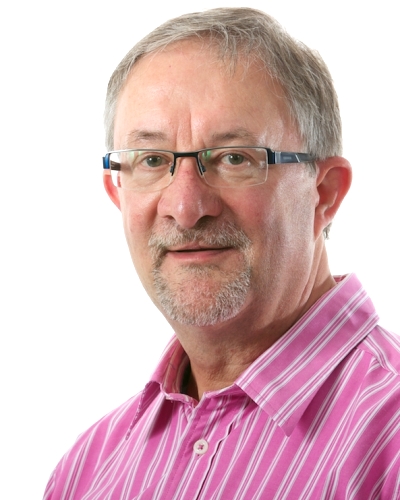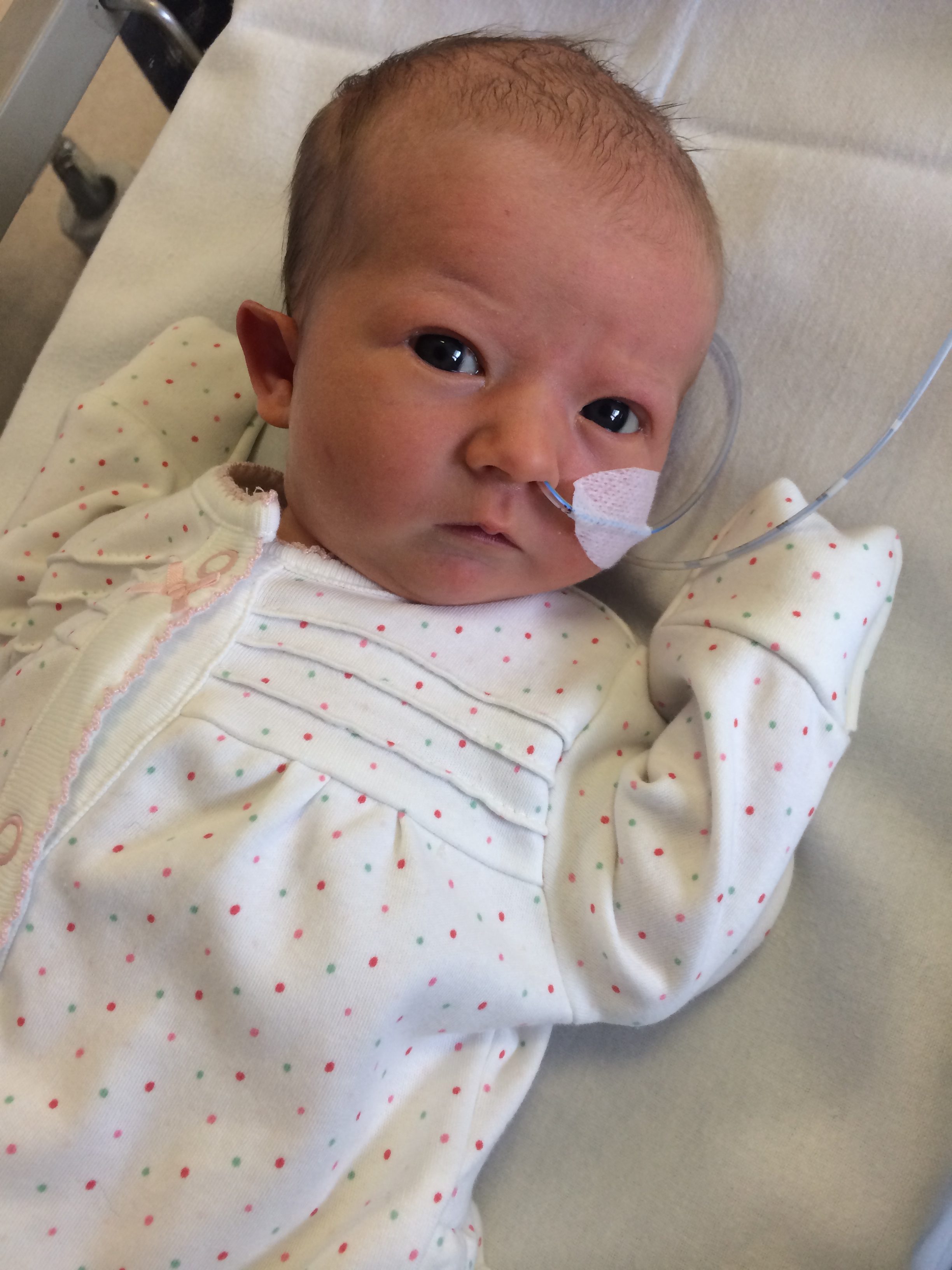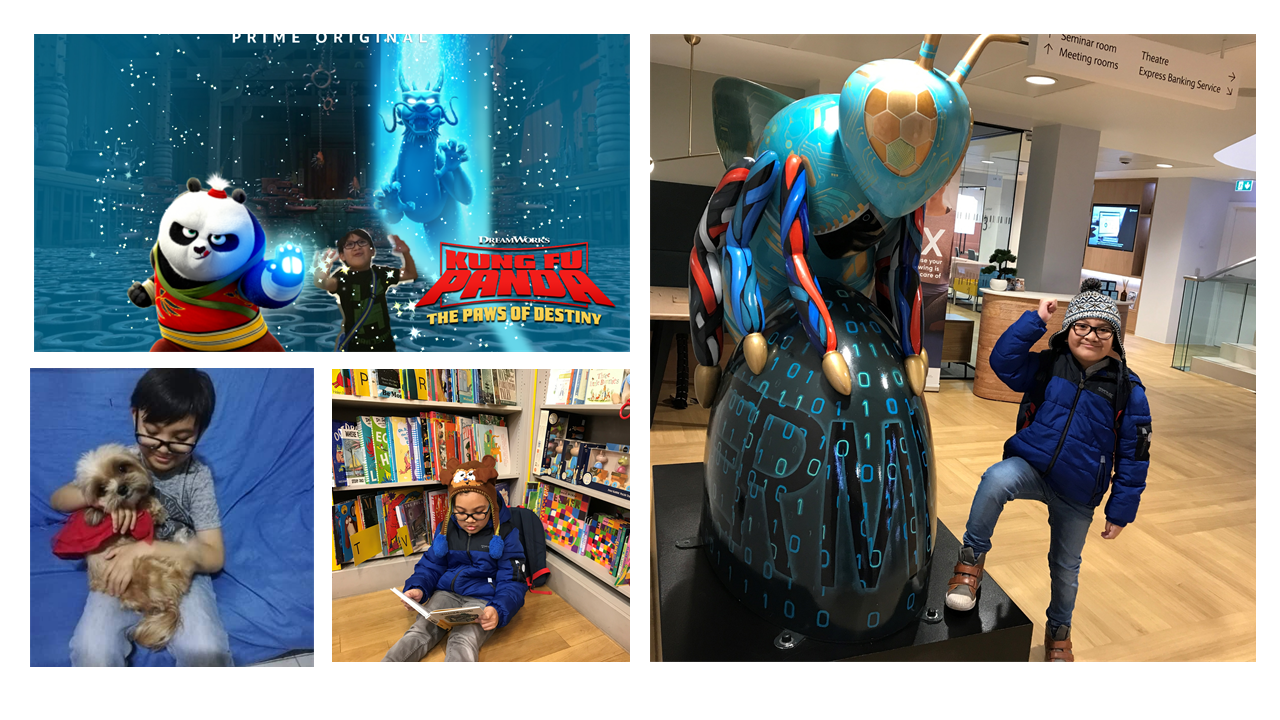
Adult Voices and Volunteers
Over the past few years, CLAPA has made a renewed commitment to expanding our services for adults born with a cleft. While the charity was set up nearly 40 years ago as a partnership between parents and health professionals, we now aim to support everyone in the UK cleft community no matter their age, and to do this properly it’s vital we have volunteers who were themselves born with a cleft.
Just as parents understand how best to support other parents, only adults will fully understand the needs and experiences of their peers who will have grown up at a time before the Cleft Teams as we know them today. This was the thinking behind our Adult Voices Council which was set up in 2010 to represent the needs of adults born with a cleft in our community. Not only do they help to advise CLAPA on everything from leaflets to strategy, they are also active volunteers in the local cleft community.
On the 8th day of National Volunteers Week, we’re hearing from some of our adult volunteers about what motivates them to be involved with CLAPA.
Katherine’s Story
 “Hello, my name is Katherine. I am a member of the Merseyside Branch and Adult Voices Council of CLAPA. I was born with Pierre Robin syndrome, now called sequence (a cleft palate and small lower jaw).
“Hello, my name is Katherine. I am a member of the Merseyside Branch and Adult Voices Council of CLAPA. I was born with Pierre Robin syndrome, now called sequence (a cleft palate and small lower jaw).
My role within the branch is Events Coordinator. It’s a great role, fun and a lot of organising of activities, fundraisers and parties. We are very much looking forward to our next event, a Family Fun Day, which will take place on Saturday, 25th June.
I became out of breath soon after I was born and the doctors found my cleft palate and small lower jaw. I had a large central gap in my soft palate at the back of the roof of my mouth.
A couple of days later I was transferred to Alder Hey Children’s Hospital, where I was put on a frame, face down, to allow my jaw to fall forward. My breathing was monitored.
I was tube-fed until a plate covering the cleft in my palate was made. This prevented any liquids going up through the cleft and into my nose. My mother and father were taught how to bottle-feed me, hooking my jaw forward to prevent my tongue falling back.
I eventually came home after ten weeks and then returned to hospital aged 14 months to have my cleft palate repaired. I have been very lucky with my cleft and only ever needed one operation. I had no operation for my jaw which has grown normally.”
Read Katherine’s full story about growing up with a cleft palate and PRS.
“I have been involved with CLAPA for my entire life. My mum was on the committee as secretary for 18 years. We would always help with the Christmas parties, originally making some of the party food, jelly and chocolate krispie cakes amongst other things. Mum was also in charge of selling Christmas cards. My mum would take me to committee meetings and when she retired I became a member of the committee myself. It has played a big part in my life. This very special charity has always supported me and I wanted to give something back.
In 2013 I was asked to attend a volunteers’ day where I met one of the joint chairmen of the Adult Voices Council which supports adults with a history of clefts and was asked to join the Council. After emails back and forth I joined and went to my first meeting where I found adults who have been through a similar journey to myself. This is our aim and we want to find more adults to put in contact with each other.
Through volunteering for CLAPA I have made some amazing friends. I love doing what I do for this fantastic charity. I meet people at the conference from different areas of the country and the world, and get ideas to use in our region.”
Andrew’s Story
 “I am an adult with a cleft lip and palate and became a volunteer for CLAPA in 2012 and decided to join the Adult Voices Council (AVC) as due to my age (over 50!), I felt a role in supporting adults was best. I then became Co. Chair when the existing chair Jonathan Clarke had completed his term. Tony Ruel and I met on the Induction Day, are of similar ages and a shared role has worked well. The role involves helping to run AVC acting as a voice for adults affected by a cleft across the UK and forming ideas for CLAPA Adult Voices, promoting awareness of services from CLAPA and the NHS Cleft Teams and informing and maintaining contact with CLAPA National. The Chair’s role is to share tasks with other AVC members, set agendas, encourage new members and maintain regular contact with CLAPA National on the progress we make.
“I am an adult with a cleft lip and palate and became a volunteer for CLAPA in 2012 and decided to join the Adult Voices Council (AVC) as due to my age (over 50!), I felt a role in supporting adults was best. I then became Co. Chair when the existing chair Jonathan Clarke had completed his term. Tony Ruel and I met on the Induction Day, are of similar ages and a shared role has worked well. The role involves helping to run AVC acting as a voice for adults affected by a cleft across the UK and forming ideas for CLAPA Adult Voices, promoting awareness of services from CLAPA and the NHS Cleft Teams and informing and maintaining contact with CLAPA National. The Chair’s role is to share tasks with other AVC members, set agendas, encourage new members and maintain regular contact with CLAPA National on the progress we make.
CLAPA is important to me as having a cleft means having had experiences both clinical and usually psychologically as part of my life. It is good to know CLAPA is there to help children, their parents and adults affected by clefts. Being a volunteer is important to me because I feel I can help others and having a cleft puts me in a stronger position to do so. This is why I trained as a Peer Contact in 2014 so that I could formally provide that support. They typically need someone to talk to who fully understands some of the issues you can face in your journey through life including the need for further clinical treatment. We are not counsellors more a listening ear who can signpost people to get the right help. Helping people and making a difference is clearly what I get out of being a volunteer.
NHS Cleft Teams – Developing relationships with the help of Regional Coordinators is important so that Cleft Teams are aware of the progress AVC are making and to encourage them to refer adult attending their clinics to be aware of CLAPA AVC and refer the services they provide in supporting adults with clefts.
Dental Schools – There are 19 Dental Schools in the UK and AVC are beginning to make presentations to students to make them aware of Clefts, supplementing the minimal training they receive. The first one was conducted by AVC member Emma Heesom in May at the Cardiff Dental School where students were given a great presentation and included Emma’s own cleft story.”


